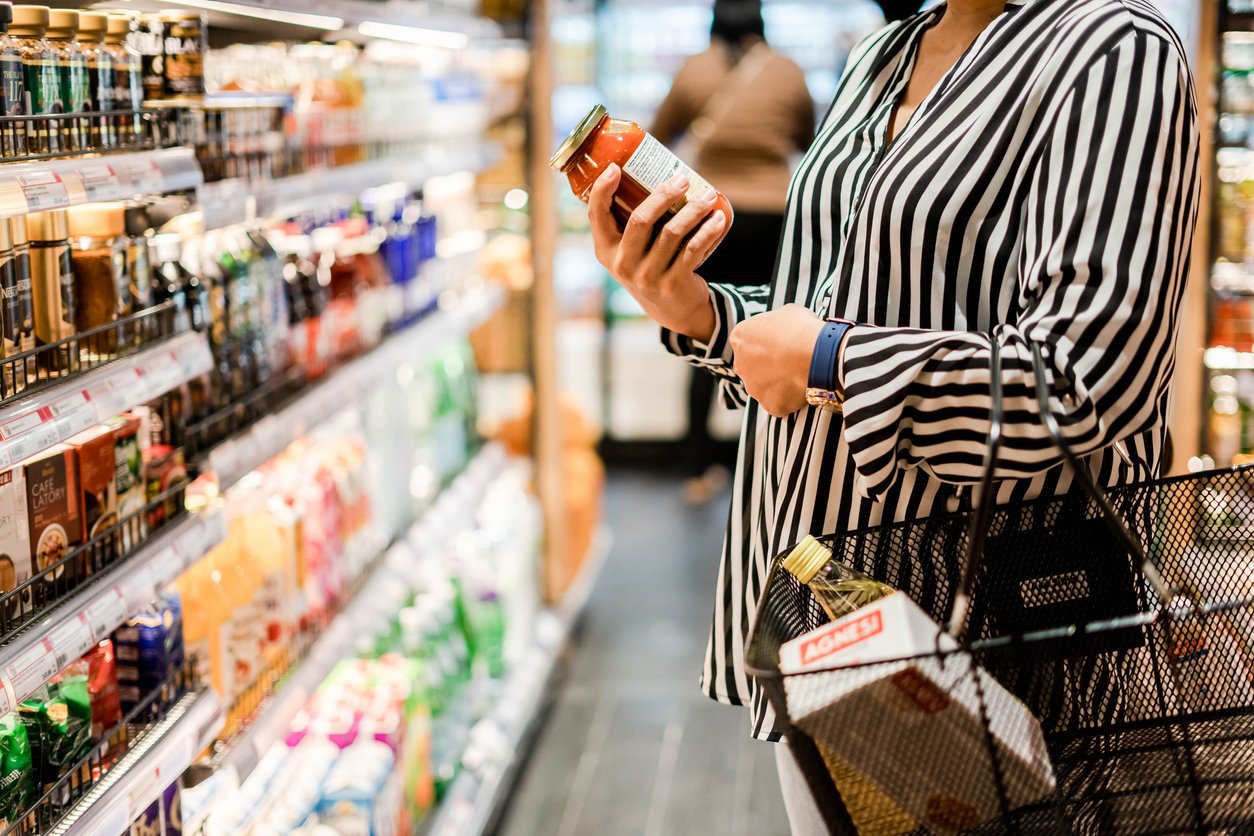Why Food Safety Will Continue Defining the Food Industry Through the 2020s
As food products travel through the supply chain before reaching consumers’ plates, they face a number of contamination and health hazards which the frontlines of the industry must find ways to mitigate. Luckily, adherence to food safety practices and procedures within manufacturing, packing, and distribution facilities is more than enough to protect consumers.
Food and beverage companies must continue proactively policing themselves beyond regulatory requirements, but this dedication and steadfastness will only stand as strong as the food safety culture that each business upholds. That’s why a focus on food safety will continue to define the industry throughout the foreseeable future.
Our global food supply chain is becoming increasingly complex
As global markets become increasingly interconnected due to trade and consumer tastes becoming more international, the mass production and distribution of food products are naturally becoming more complex and larger in scale. With globalization not set to slow down anytime soon despite recent trade tensions, tariffs, and supply chain issues, the importance of food safety is becoming even more pronounced.
However, many of these food safety legal requirements set out by countries (such as FSMA in the U.S. or Regulation (EC) 852 in the European Union) only cover the basics of food safety and do not account for the full spectrum of risks that can be introduced through wide-scale production, distribution, and consumption across multiple countries. In other words, companies looking to stay competitive proactively introduce additional food safety measures and safeguards beyond compliance.
Consumer awareness about food safety is higher than ever
A recent study found that 17% of all people surveyed personally know someone who has faced serious problems because of a foodborne illness. This fuels another important stat: that 60% of people surveyed are concerned about the food they eat. Given how social media and 24-hour news cycles can quickly inform and educate the public about recent recalls, it’s not surprising that consumers demand greater food safety from the brands they purchase.
In the face of this heightened consumer awareness, it’s no longer enough for food companies to simply meet regulatory requirements; instead, they need to go above and beyond in prioritizing food safety to reassure discerning consumers. This means companies must take advantage of food safety training, third-party inspections and audits, and up-to-date food industry resources to achieve higher food safety standards throughout their supply chains.
The consequences of a food safety recall are too high
From the direct financial costs to damaged consumer trust, the negative repercussions of a food safety recall can take years for brands to recover from. For smaller food companies, the long-term brand impact can be devastating.
However, the human cost of inadequate food safety should never be overlooked. Each year, 420,000 people die from foodborne illnesses, with small children accounting for more than 40% of this figure. Beyond this immediate effect on consumers, poor food safety has cascading repercussions, leading to disease, malnutrition, and a strain on public health services that further inhibit economic and social advancement in developing countries.
Building the Food Safety Culture We Need
As food safety governs how food and beverage companies currently conduct product development, manufacturing, and distribution tasks, it’s clear that it will continue defining the food industry in the years to come. However, ensuring that food safety remains a priority throughout your operation and the food industry requires building a food safety culture from the top down. This means training your leadership team and executives in relevant food safety initiatives, processes, and regulations; having food safety champions can have a trickle-down effect throughout your organization.
Of course, it can be difficult to do this without expert help that specializes in this kind of advanced training. Want to learn more about how food safety training can transform your operation? Click here for deeper insight about AIB International’s comprehensive programs, today.


